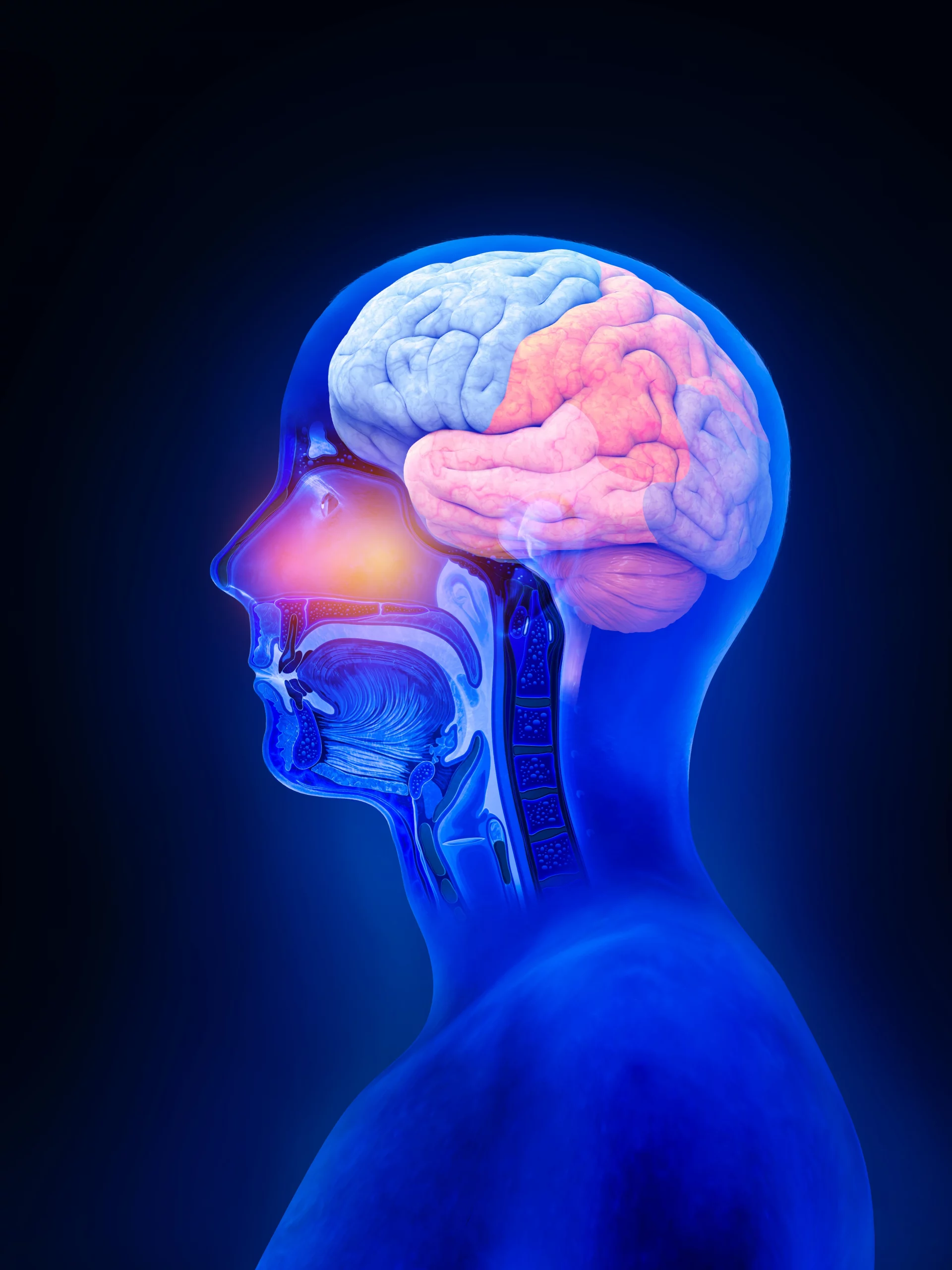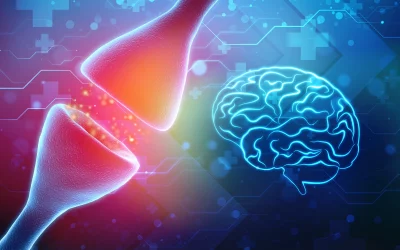CHRONIC TRAUMATIC ENCEPHALOPATHY (CTE) IS A KIND OF TRAUMATIC BRAIN INJURY
Chronic traumatic encephalopathy (CTE) is a degenerative brain illness that affects people who have had many head traumas. Once known as punch drunk condition, CTE is still closely linked to individuals who have had many concussions and head strikes. Doctors initially recognized CTE in the early twentieth century due to symptoms reported by boxers. Because of CTE in football players, there has been a surge in interest in the disorder lately.
If you, your kid, or a loved one has had one or more brain injuries, you may be at risk for CTE. Individuals who suffer brain injuries due to someone else’s carelessness may be compensated for their damages and losses under the law. Protect your legal and financial rights as soon as possible. For a free consultation, contact an expert brain injury lawyer now.
We’ll look at CTE’s causes, diagnosis, and treatment options, as well as who’s at risk of getting it and how it affects sufferers and their loved ones.
Free Consultation
In Person | Phone | Zoom
THE EFFECTS OF CTE ON THE BRAIN
CTE research has just recently gained traction. Thus it is still less well-understood than many other brain ailments. According to medical experts, CTE does develop over time in particular persons who have had traumatic brain injuries or microtrauma.
In other words, experts now feel that CTE is not an indication of brain injury that manifests immediately. In other words, just because you have a concussion now doesn’t mean you’ll get CTE later.
However, medical experts do think that CTE has a link to post-concussive syndrome and second impact syndrome, two disorders linked to people who have had many concussions and sub-concussive brain injuries.
This rising agreement explains why many medical experts are becoming more concerned about the hazards of youngsters, in particular, playing in sports like tackle football, ice hockey, and even soccer, which often expose participants to hits or jolts to the head (especially when heading a soccer ball).
The actual processes that affect the brain and cause CTE have yet to be discovered. Most experts believe that repeated brain traumas cause degeneration by causing a build-up of a protein that damages brain cells. CTE is distinguished from other degenerative brain disorders (such as Alzheimer’s or Parkinson’s disease) by the presence of a protein called tau.
Doctors have found a broad range of timeframes in which tau accumulates to the point that a patient begins to have CTE symptoms, ranging from months to decades. Researchers are still trying to figure out what causes these times.
CTE Symptoms and Diagnosis
- Memory loss;
- Disorientation or disorientation; Impaired judgment;
- Difficulty managing impulses; Physical and emotional aggressiveness; Depression;
- Anxiety;
- Thoughts or attempts of self-injury or suicide; and
- Tremors, slurred speech, and sluggish mobility are all indications of CTE.
These symptoms are similar to those reported in people with degenerative brain illnesses, including Alzheimer’s and Parkinson’s. As a result, clinicians are unable to make a conclusive diagnosis of CTE based only on symptoms.
Currently, the only approach to definitively diagnose CTE is to dissect a patient’s brain after death and look for telltale indications of CTE, such as the presence of tau protein. Researchers are still working on creating diagnostic indicators-based assays for CTE in actual patients.
The most physicians can do for a live patient, for the time being, is diagnose a likely or presumptive case of CTE based on their symptoms, age, lifestyle, and medical history (particularly a history of repeated concussions or other head trauma).
A FEW ACTIVITIES PEOPLE ARE MORE LIKELY TO DEVELOP CTE AS A RESULT OF THIS.
Researchers think those whose lifestyles place them at a higher risk of receiving head trauma have a higher chance of acquiring CTE than the general population.
CONTACT SPORTS AND ACTIVITIES PARTICIPATION
Athletes in contact sports are in danger of acquiring CTE from repeated head injuries, even “minor” ones like concussions or strikes that do not result in a trauma. The kind of head injuries thought to have a role in CTE development may occur in a broad range of sporting activities. Boxing, martial arts, football, ice hockey, soccer, skiing, and skateboarding are among them.
SERVICE IN THE MILITARY IN COMBAT-RELATED ROLES
Active duty military soldiers who operate in combat-related tasks are at a greater risk of experiencing recurrent brain injuries and micro-traumas and are more likely to acquire CTE. Personnel who are repeatedly exposed to explosives and concussive blasts (such as a field artillery blast) may be at risk for the kind of “minor” recurrent brain trauma that leads to the crises of CTE over time.
WORKING IN THE CONSTRUCTION INDUSTRY
Workers in heavy industries subjected to blasting and vibration may be at risk of acquiring CTE, similar to the hazards faced by soldiers in combat positions. Construction site noise and heavy machinery may convey sound and mechanical energy through employees’ bodies, causing micro-trauma to the brain.
ARE YOU INJURED AS A RESULT OF DOMESTIC VIOLENCE?
Parents who shake screaming newborns and those who beat youngsters in the head may cause brain injuries (shaken baby syndrome). Repeated brain trauma in babies and children increases the likelihood of acquiring CTE later in life. Abusive spouses may also cause CTE by inflicting repeated concussions and subconcussive brain injuries.
CTE TREATMENT
Doctors can only treat the symptoms of CTE at the moment. There is no recognized treatment for this condition.
Mood changes are one of the most common CTE symptoms that physicians can address. Suppose a CTE patient has anxiety, sadness, or aggressiveness. In that case, their doctor may recommend them to a therapist who may help them build behavioral methods and coping strategies to help them manage their emotions. Doctors may also prescribe various drugs to address acute symptoms of mental health disorders linked to CTE, such as sadness or anxiety.
Headaches. Chronic headaches are often linked to CTE. Depending on their specific headaches and pain levels, some people find relief with massage, acupuncture, pain medication, or craniosacral therapy.
PROBLEMS WITH MEMORY.
Motor issues. Doctors and therapists may assist CTE patients in improving their memory via exercises and note-taking, which may help them get through their daily routines. Therapies that are beneficial in the treatment of motor problems associated with other degenerative illnesses, such as Parkinson’s, may also be helpful in the treatment of CTE symptoms.
Victims and their families may face financial ruin as a result of CTE.
As if the physical and mental issues caused by CTE weren’t bad enough, CTE may also put a strain on patients and their families financially. Medical care for recurrent head injuries, as well as expenses associated with the fallout from other CTE symptoms that affect a victim’s life, might start mounting up before a victim even learns about CTE.
CTE may result in extra expenses after it has been presumptively diagnosed, such as: Treatment for CTE
The location and intensity of each head trauma or brain damage that leads to the development of CTE differs. Symptoms also vary from person to person. CTE patients must generally endure a battery of tests to disclose their cognitive and functional deficiencies, as well as extensive diagnostic imaging, such as MRI and CT scans, in addition to diagnoses. It might take weeks or months of testing to restrict the focus to the brain when a patient expresses their symptoms and concerns to their doctor, much alone obtain a CTE diagnosis.
When a CTE patient’s doctor begins treating symptoms, the patient may be sent to specialists specializing in treating acute symptoms like cognitive difficulties and motor function loss.
Occupational therapists, for example, assist CTE patients in developing techniques for doing personal hygiene, self- care, and other routine duties. As CTE develops, speech and language therapists assist patients and their families learn how to convey concepts and words.
Specialist visits are an expensive element of continuous CTE therapy, which results in mounting medical costs, leaving some families to face foreclosure, bankruptcy, or simply struggle to fulfill basic requirements like food, housing, and clothes.
HEALTHCARE FOR THE LONG-TERM
Because CTE is a degenerative brain disease, the symptoms of CTE develop with time. Family members may be able to care for their loved ones at home in the early stages. When the condition advances to a certain point, however, partners or other family members often find themselves unable to offer the care that their loved ones need. A household need respite care or full-time home nursing care at the very least. Patients with advanced stages of CTE usually need to reside in a nursing home to obtain the continual care they require.
Long-term nursing care facilities are often the most expensive of all medical therapy options for patients with CTE. Most health insurance policies do not cover nursing homes unless the patient has separate coverage before their diagnosis. The cost of a care facility might put some families out of business.
HOME IMPROVEMENTS
Patients with CTE may remain at home and get the care they need in certain situations. Families may, however, need to make their homes more secure and accessible. Memory issues, confusion, and poor judgment may still affect CTE patients who are mobility, making the normal house risky in many ways.
In other circumstances, families must take precautions to safeguard their loved ones from injury. Families may need to install security devices to notify them when a loved one leaves the house, for example. This may need installing locks on drawers and internal doors to prevent the patient from accessing potentially harmful home items like power tools.
WAGES THAT HAVE BEEN LOST
A person with CTE’s degenerative symptoms will ultimately have to stop working because, like any other progressive brain disease, CTE will impede the patient’s capacity to do job responsibilities in the long term.
If the CTE patient provided a significant percentage of a family’s income, the loss of the patient’s salary may be devastating and add to the family’s financial burden. Some CTE sufferers are eligible for disability benefits, although these normally only cover around two- thirds of the patient’s average weekly wage.
Most families face difficulties when a portion or all of their household’s revenue source is lost. It might make it difficult to pay bills, including mortgages, car loans, insurance, and utilities. Younger individuals with CTE may never reach the pinnacle of their professions, forcing them to depend on their families, the government, and a variety of other agencies and programs for financial and day-to-day assistance.
SERVICES OF REPLACEMENT
As the disease develops, patients with CTE lose their capacity to keep up with everyday tasks, housework, and other life responsibilities. For a while, partners or other family members may step in as caregivers, but this comes with a considerable cost-benefit trade-off and is often unsustainable in the long run. Families of CTE patients often discover that they cannot get by without hiring outside aid to support the CTE patient with daily jobs, errands, and hobbies.
- Lawn care, landscaping, and yard service who can help with mowing, trimming bushes, watering gardens and plants, and cleaning the pool;
- A handyman who can fix minor issues in and around the house;
- Childcare, nanny, or daycare center, especially if the CTE patient was responsible for small children at
- home;
- A tutor to help kids with homework;
- Cleaning service to dust, vacuum, and clean the house;
LAWYERS CAN ASSIST CTE VICTIMS IN OBTAINING COMPENSATION
CTE is a devastating diagnosis for patients and their families with long-term physical, emotional, and financial ramifications. Victims of CTE may be entitled to significant monetary compensation to assist them to pay for the treatments and support they need to live with the condition.
If you or a loved one has been diagnosed with probable CTE, call a knowledgeable brain injury attorney for a free consultation to learn more about your legal and financial options.












